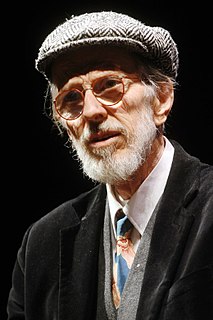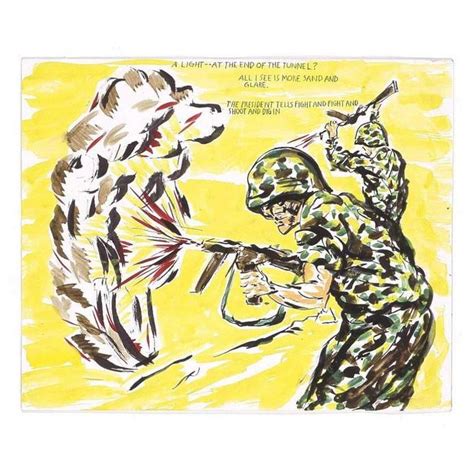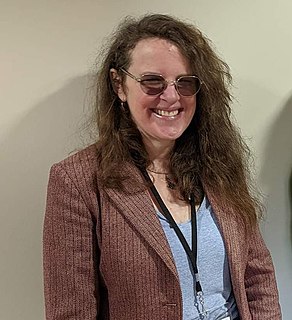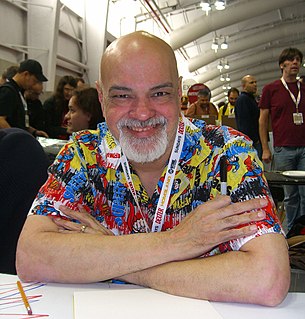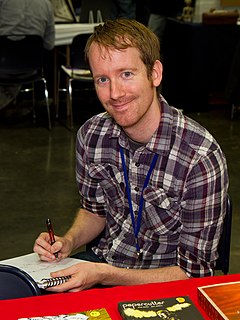A Quote by Robert Crumb
We were always drawing comics as kids. My brother Charles made me draw comics. I was very much under his domination. He was actually a much stronger artistic visionary than I was.
Related Quotes
I quit comics because I got completely sick of it. I was drawing comics all the time and didn't have the time or energy to do anything else. That got to me in the end. I never made enough money from comics to be able to take a break and do something else. Now I just can't stand comics. . . . I wish my work would be recognized by a larger crowd of people as more art than be stuck with the cartoonist label for the rest of my life.
There was a point when comics were considered to be mainly of interest to kids, and it was decided that kids could relate more to someone their own age than an adult. So suddenly all these previously grownup comics were lousy with sidekicks: Aquagirl, Aqualad, Robin, Kid Flash, Speedy, Stripesy... the list goes on.
There are a lot of good comics, no doubt, but as far as the quality of the comics goes, I think what you have is a bunch of situational comics - there are black comics that work only black crowds, gay comics that do only gay crowds, and southern comics that only work down South, and so on with Asian, Latino, Indian, midgets, etc. The previous generation's comics were better because they had to make everybody laugh.
I started drawing comics, and at first I was very influenced by the whole pop art movement, you know, Batman was on TV and all that pop art stuff? But then my next influence was in 1966, or maybe it was '65, I don't know. Somebody showed me a copy of the "East Village Other", which was an underground newspaper. And... it had comics in it! And they weren't superhero comics.
